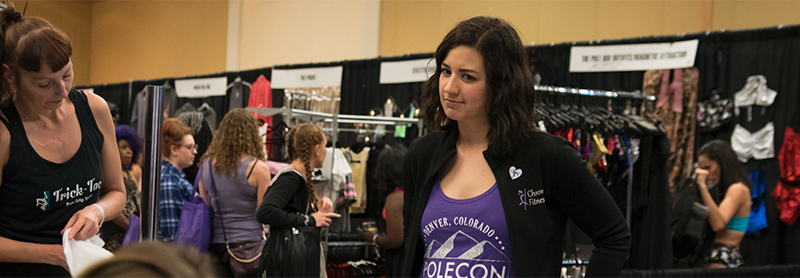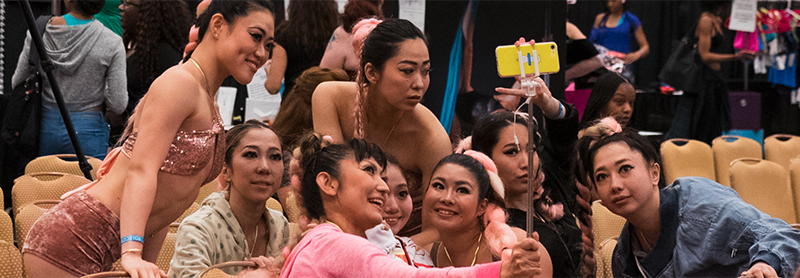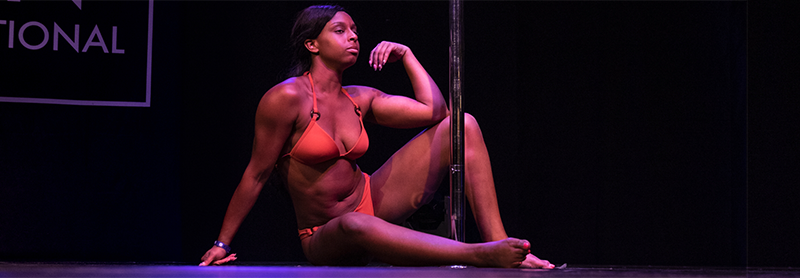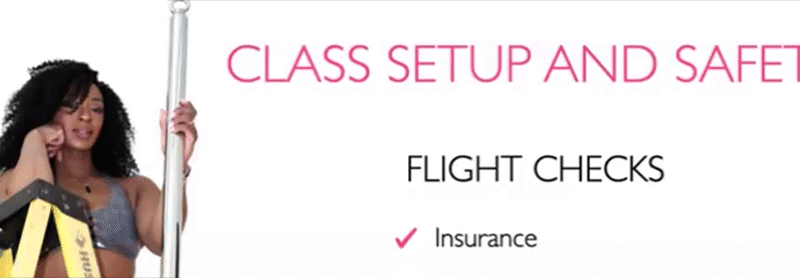Social media marketing may seem confusing and overwhelming sometimes. It is still a great way…

How to buy a pole dance business
Purchasing an existing business or business concept rather than creating a new business from scratch can be an appealing option to new business owners.
In this post, we’ll talk about the benefits and drawbacks of buying an existing business, common types of business purchases, and how the process basically works.
Why should you buy an existing pole dance business? (or not)
Buying an existing business can mean that you’re buying a guarantee of future revenue such as in the case of purchasing a business that is subscription based. It can also mean you’re buying existing products, an existing customer base, a roadmap to how to run the business, and a brand that people in your target industry are familiar with, sometimes known as “good will.”
You might also be buying a defective or obsolete product suite, no guarantee of future revenue, a brand that has negative associations, and if not clearly specified, you might not even be buying that email list of customers or any processes or procedures in your purchase.
On the positive side, buying an existing business can potentially “shortcut” your time to develop a customer base and become a known entity in your industry.
On the negative side, you could spend more time (and money) changing your customers’ opinions about an existing business that has a negative reputation or is burdened by legal or financial issues.
How to buy a pole dance business?
Many people find a business to purchase through word of mouth in their target industry.
Maybe a local studio owner is looking to sell their studio, or a pole clothing manufacturer is looking to sell all their stock and close their business. Both might advertise this in their newsletters, social media or you might find out by talking to other customers, employees, or stakeholders.
You can also work with a local business broker, try online business broker sites, or by networking with other local professionals like lawyers or accountants to find a potential business to purchase.
When considering buying a pole dance business, you have three basic types of businesses to consider:
- Independent businesses
- Franchises
- Licenses
Most independent businesses in the pole industry will be run by individuals, not by corporations, and will come with a wide variety of documentation and organization. The price of these businesses will vary widely as will the details of the transaction.
Franchises tend to be more organized and must follow specific rules based on their country of origin. The price of these businesses tends to be higher than an independent business (and may have consistent fees throughout the life of the business) but will also come with much clearer instructions on how to run the business.
Licenses fit somewhere in the middle between independent businesses and franchises. You often purchase access to a brand that can be applied to existing items, such as licensing a celebrity for your apparel, for business concepts like hosting a type of event, or maybe the secret recipe for pole grip. The price of these business opportunities tends to be lower than franchises or independent businesses and may be a one-time fee or a percentage of sales.
Read more about the difference between licensing and franchising here.
How to negotiate a price for the pole dance business?
Franchises and licenses tend to be set prices that have little room for negotiation, but purchasing an independent business can involve a lot of negotiation.
If you have found a business you are interested in, start by asking the seller for their purchase price.
Sellers can value their business in many ways including considering their assets, historical revenue, projected revenue, or even “good will.” Read more about valuation for pole businesses here.
Once you have an idea of the purchase price including any specific terms you want to include about the purchase, you may want to formally intend to purchase the business through creating a letter of intent. While not binding, this may encourage the seller to share more data with you about the business that they would not share with another buyer who only has a casual interest. Not all sellers may ask for this type of document.
Make sure to do your due diligence!
Just like when purchasing a car, you might take a test drive, or look under the hood (or have your trusted mechanic look under the hood), make sure to review the financial and legal data for the pole dance business you intend to purchase.
Things you may want to review about the business include (but are not limited to):
- Business tax returns
- Profit and loss statements
- Certificates of good standing (commonly given by states in the US)
- Information on any current debt
- Employee payroll and contract information
- Legal records for previous or current issues
- Any other existing contracts and leases
As you review this information, ask questions! Notice how open the seller is when answering questions. There may be hidden issues that could impact your ability to successfully continue to the business lurking just below the surface or you could learn invaluable things about running your new business.
How to finalize the purchase of your pole dance business?
Once you complete your due diligence and are comfortable with the price, you may need to secure financing. Financing could be a part of your purchase such as paying 50% down and the remainder over a specific period or you could seek outside financing.
If you haven’t gotten any lawyers or accountants involved yet, now is the time to have a professional (or a couple of professionals) look over what you expect the terms to be for the business sale. You need a contract for basically everything and buying a pole dance business is no exception! The IPIA has partners that can help! Check them out here.
After funding and contracts have been secured, it’s time to finalize the transaction, transfer any assets or documentation, and to start working in your new pole dance business. Congrats!



